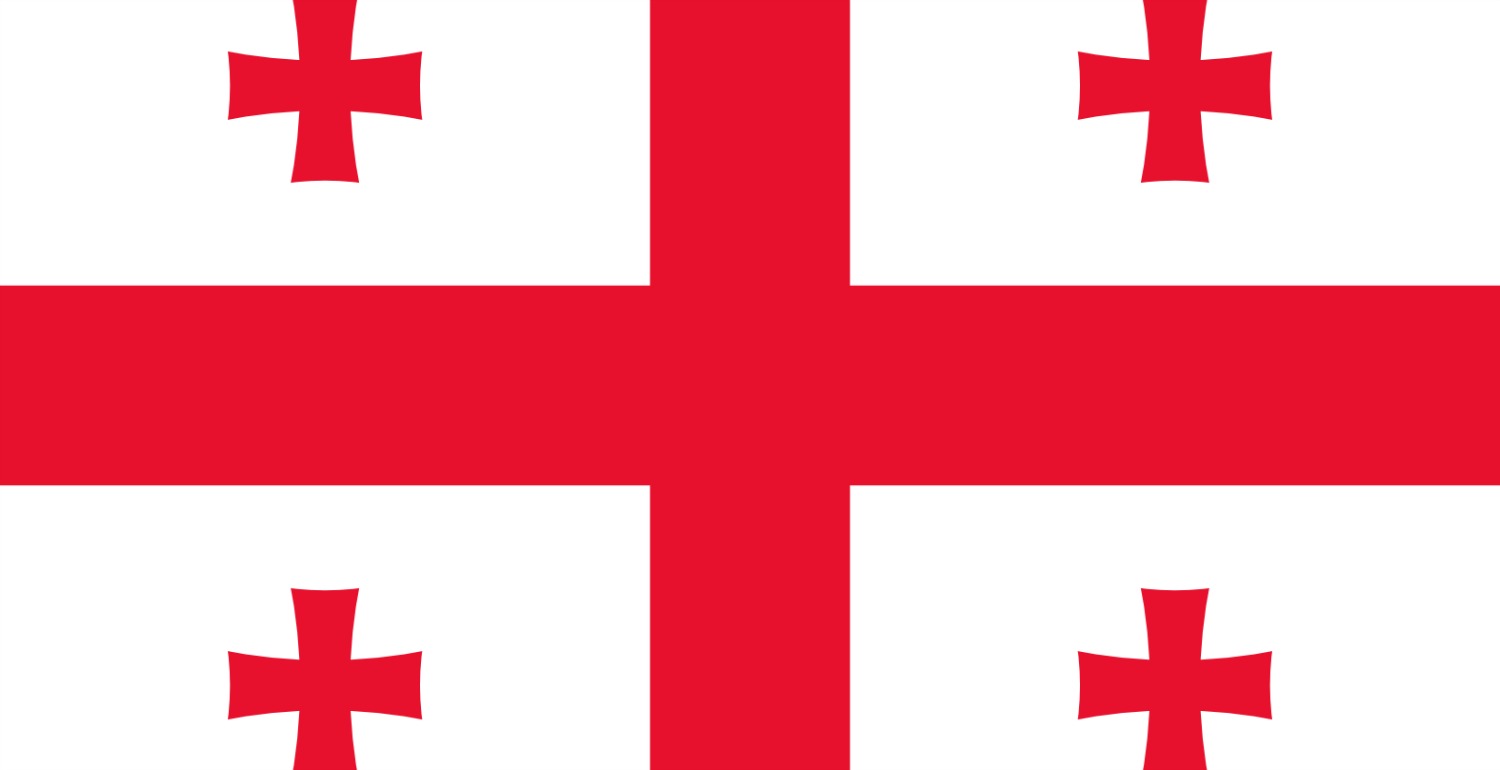From April 22-26, 1996, Commission staff attended, along with 30 media professionals, the International Conference on Conflict in Trans-Caucasus [sic] and the Role of Mass Media, held in Kobuleti, Ajaria (an Autonomous Republic in Georgia). The conferences organizers were the OSCE Office of Democratic Institu- tions and Human Rights (ODIHR), the OSCE Mission to Georgia, the Council of Europe and the Tbilisi-based Black Sea Press Information Agency. The project was co-sponsored by the U.S. Agency for International Development, through the Eurasia Foundation.
Participants came from Baku, Tskhinvali (South Ossetia), Stepanakert (Nagorno-Karabakh), Tbilisi and Yerevan. Organized by the ODIHR as a follow-up to the 1995 Human Dimension Implementation Review Meeting in Warsaw, the conference was one in a series on the role of the media in conflict situations and in systems undergoing the transition from communism. The stated aim of these conferences is to develop aware- ness of and working recommendations for the journalists working in conflict regions on the role the media can play in preventing and resolving conflicts. A secondary goal is to give journalists from states or regions in conflict the opportunity to meet, discuss common problems and establish personal contacts to promote the exchange of information. Other scheduled conferences examine the role of the media in the former Yugoslavia (June 1996) and the situation of the media in Uzbekistan (October 1996).
One important reason conference organizers chose Kobuleti was that Ajaria has managed to avoid the destruction and disruption visited upon the rest of Georgia in the last several years by ethnic conflicts and by gangs of marauding criminals associated with various paramilitary groups. Under the iron grip of Aslan Abashidze, the Chairman of Ajarias Supreme Soviet, Ajaria has been relatively calm, and has taken in refugees from Georgias ethnic-separatist conflicts in Abkhazia and South Ossetia. Since these conflicts are technically unre- solved, Tbilisi, the capital, would have been problematic for Abkhaz and South Ossetians, whereas Ajaria seemed a more neutral site.









